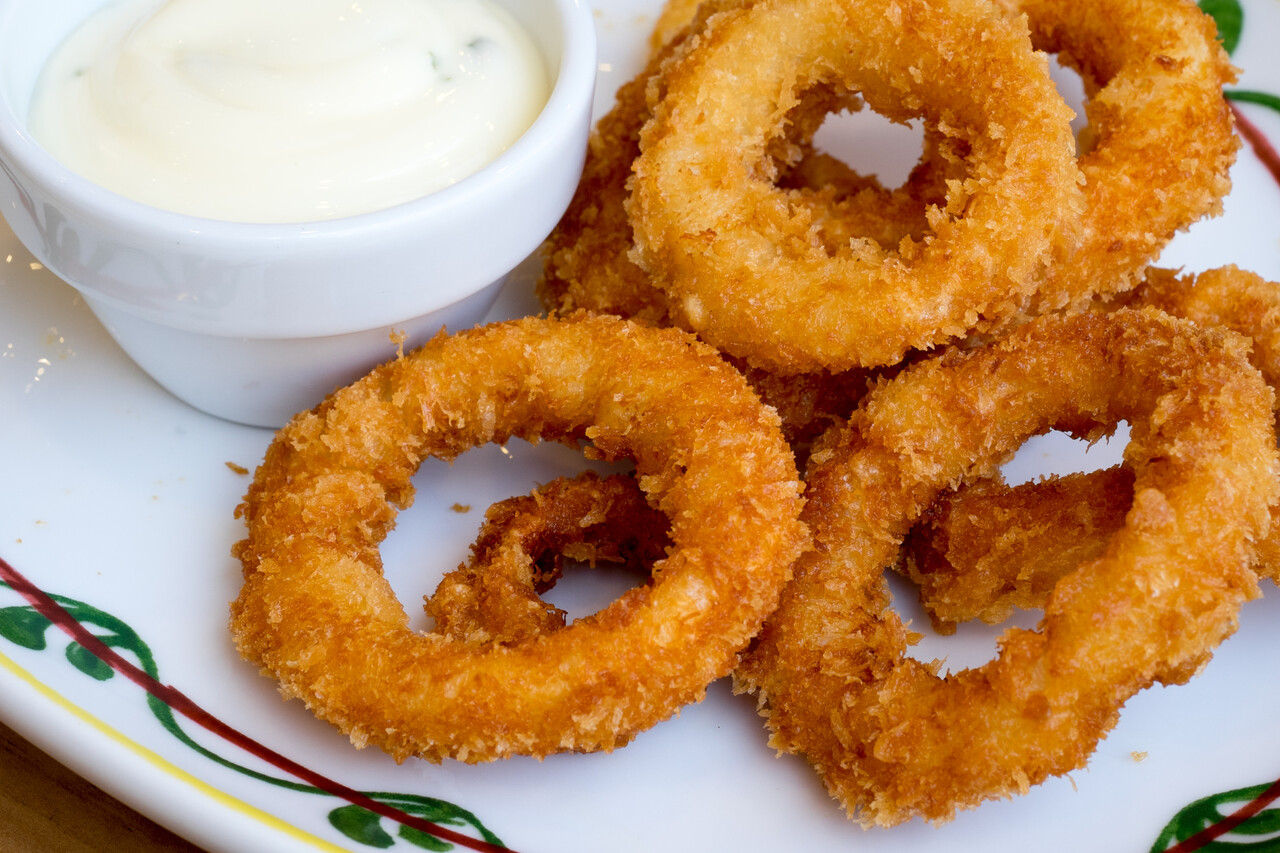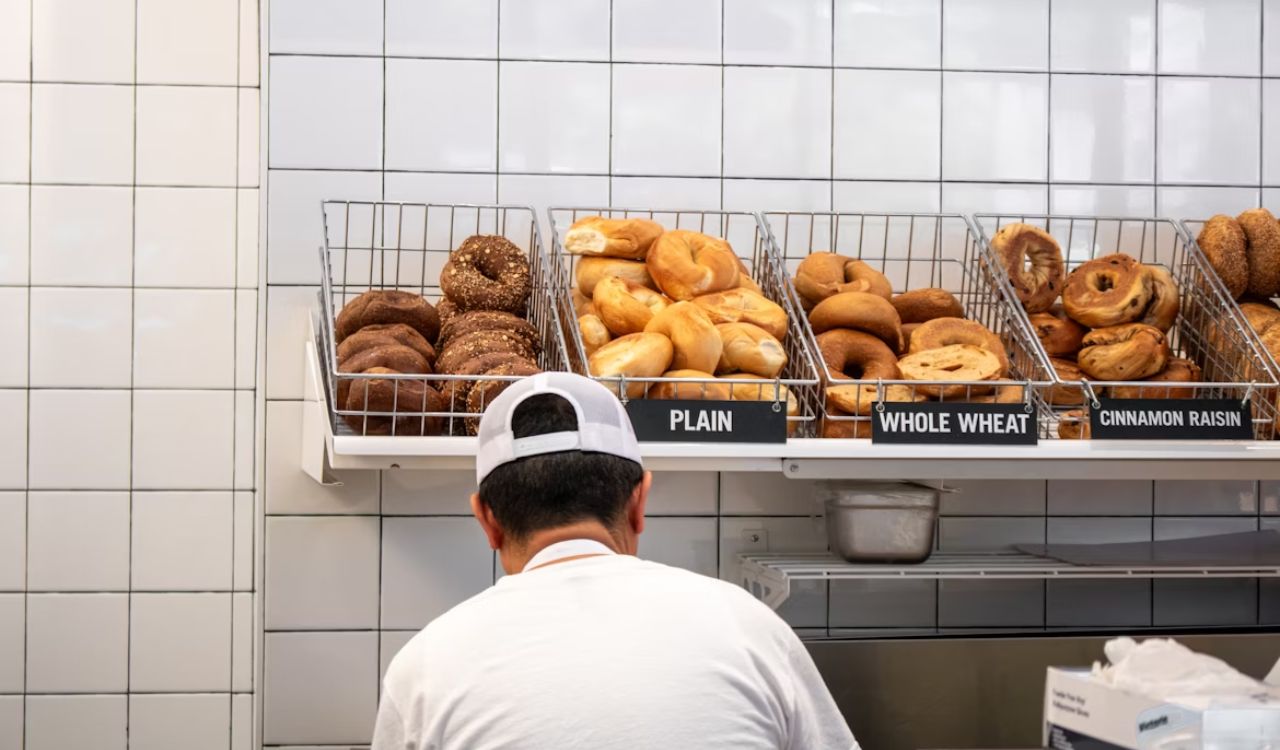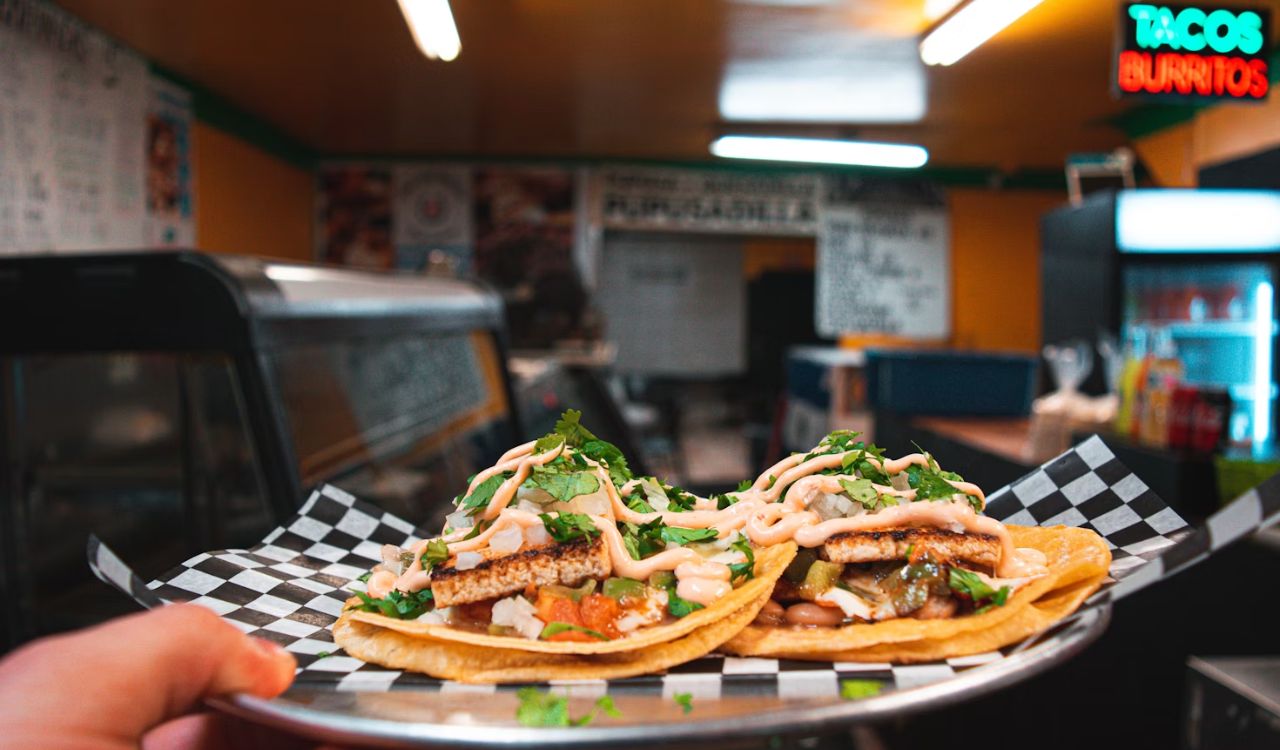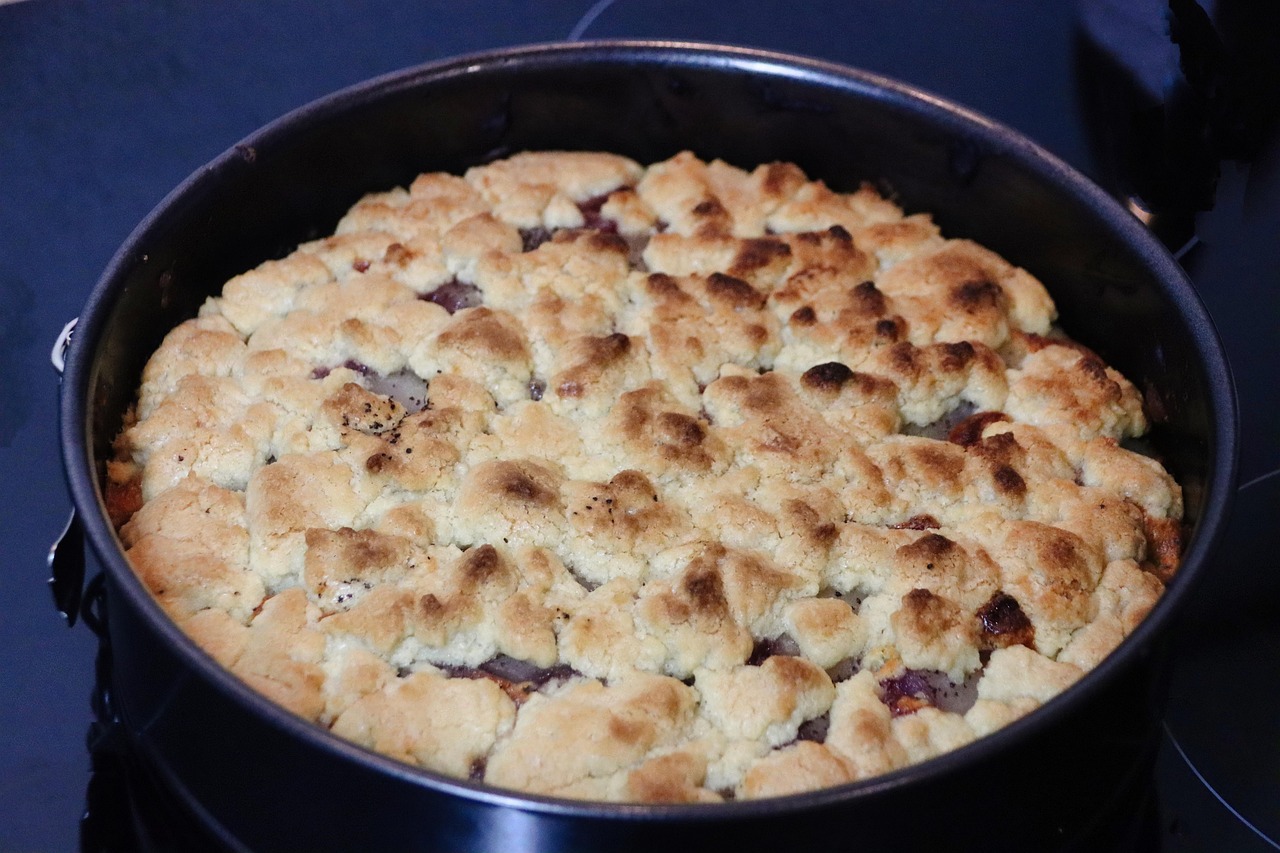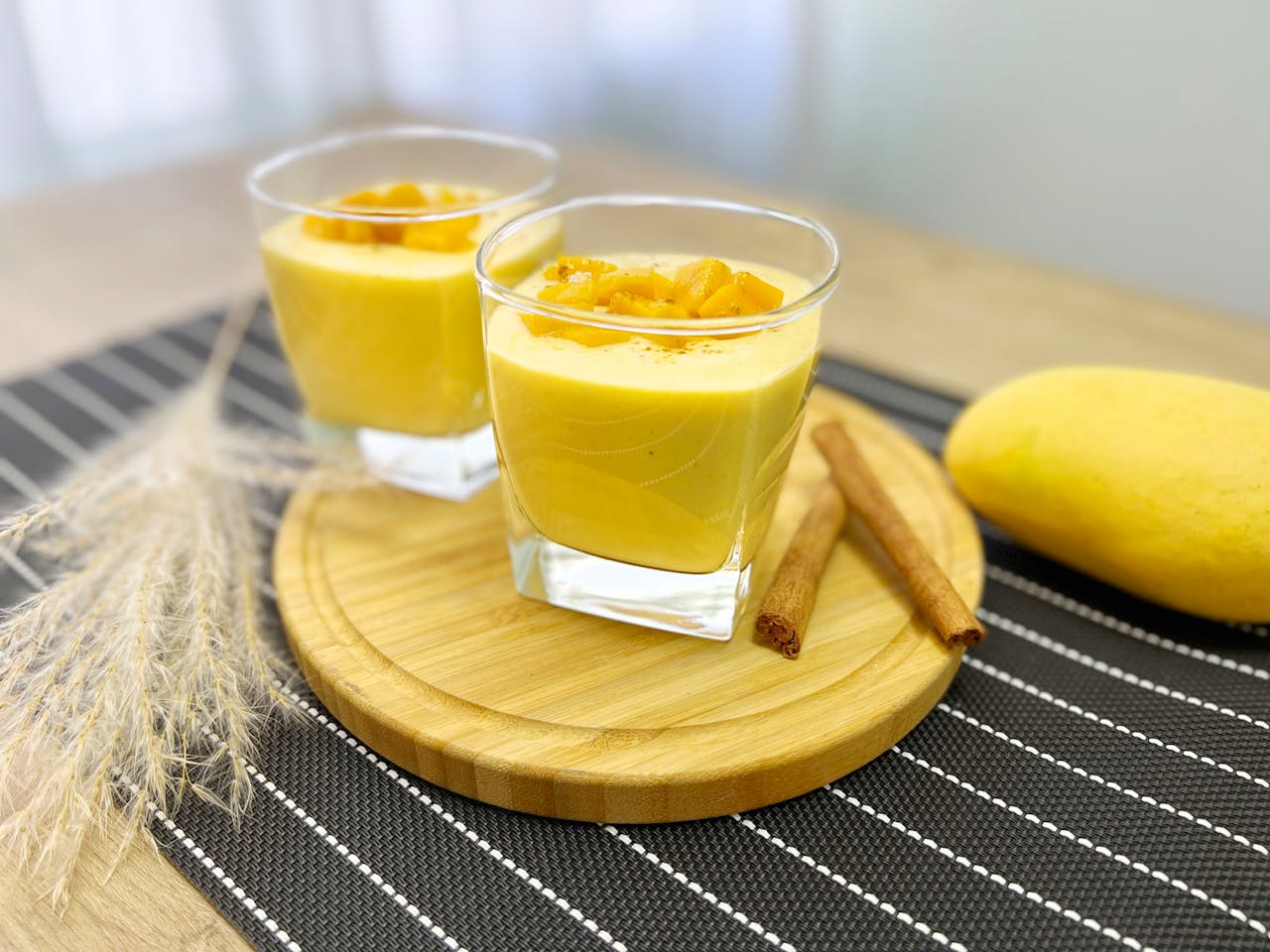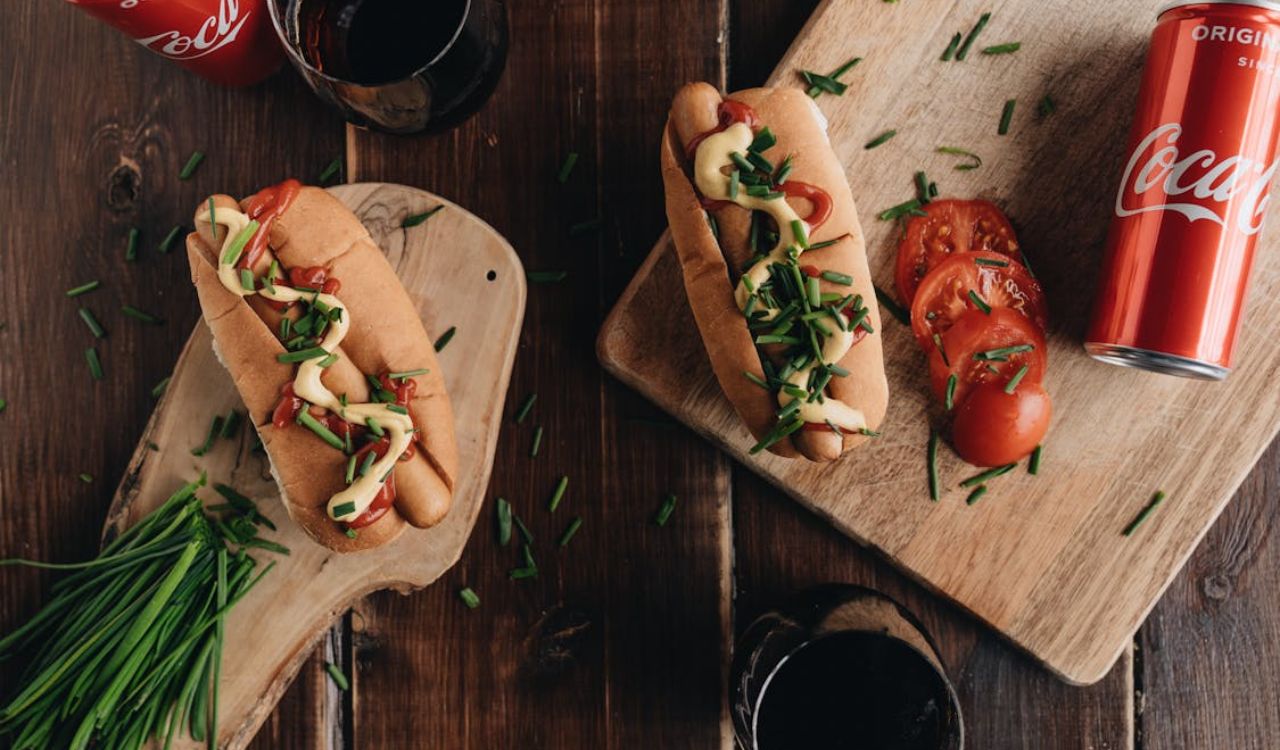What Eating Like an Ancient Stoic Can Teach You Today
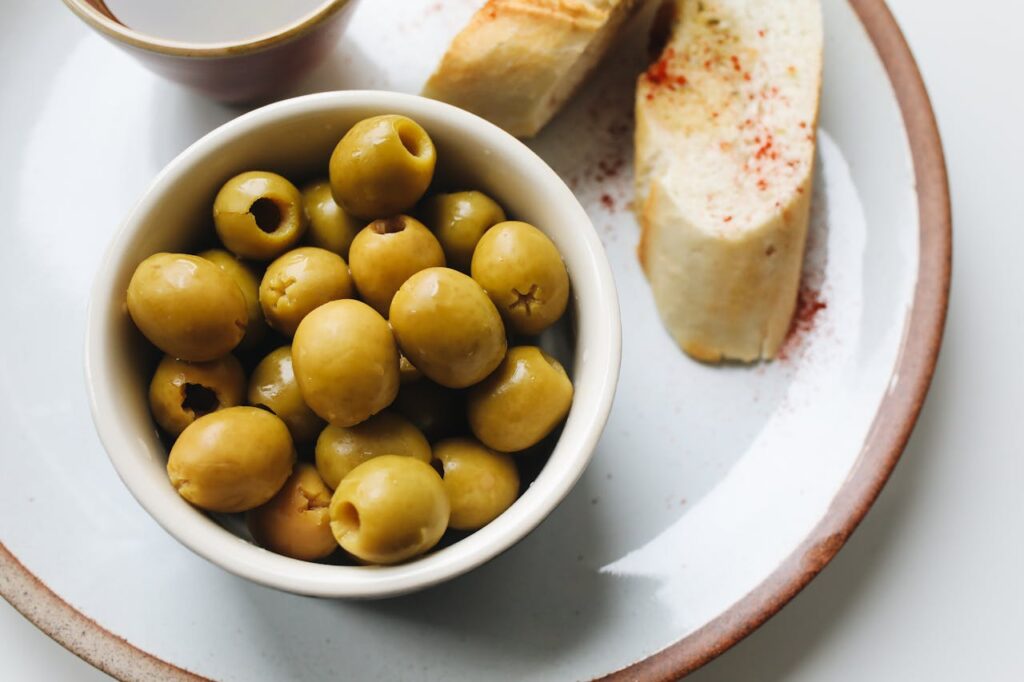
We live in a time when food is everywhere on our screens, in our feeds, and constantly on our minds. But for ancient Stoics, eating wasn’t entertainment or escape. It was a daily practice in discipline, clarity, and gratitude.
Their meals were simple, their habits consistent, and their focus steady. Stoic philosophers like Seneca and Epictetus believed that how we eat shapes how we think. Moderation wasn’t deprivation-it was freedom from chaos.
Eating like a Stoic today doesn’t mean going hungry or dulling pleasure. It means rethinking what food is for: nourishment, not distraction. It’s a small, daily way to practice mindfulness without needing to call it that.
Simplicity Over Indulgence
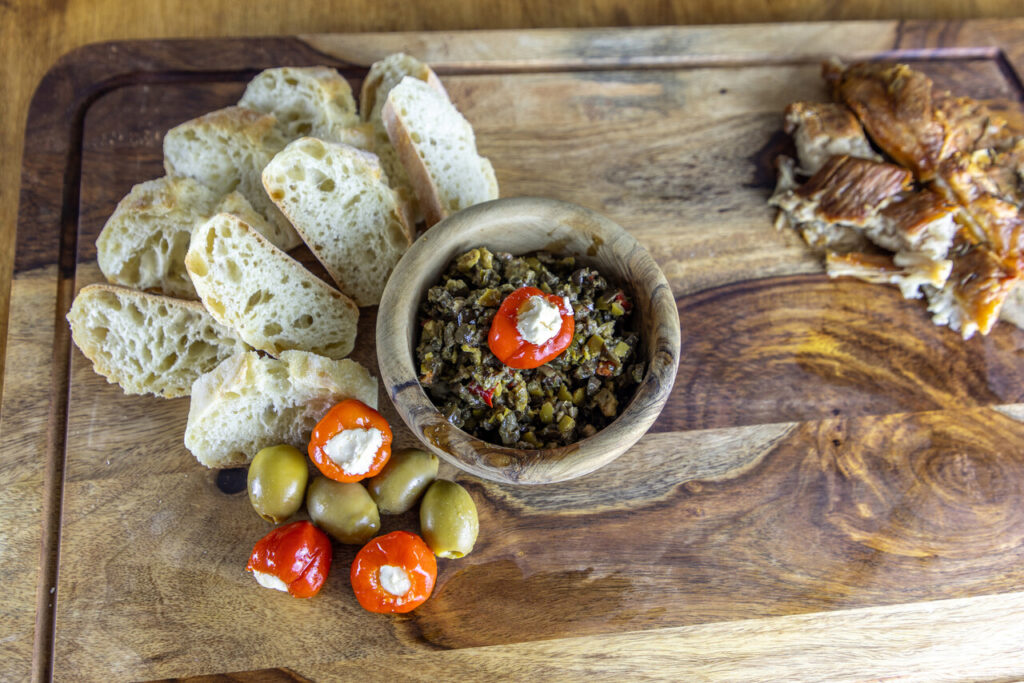
Stoic eating centered on simplicity-plain foods, eaten in moderation. While the Roman elite feasted on lavish banquets, Stoics preferred basic meals that satisfied hunger without stirring excess. To them, food wasn’t a form of status but a test of restraint.
Why Simplicity Frees the Mind
When meals are stripped of excess, you start noticing what really matters. Eating simply trains the mind to resist impulse, a key Stoic goal. You stop chasing flavors and start appreciating sustenance. It’s not about asceticism-it’s about peace.
How to Practice It Today
Swap convenience for intention. Cook at home with fewer ingredients. Eat when you’re hungry, not bored. By simplifying what’s on your plate, you simplify your thoughts. Seneca once wrote, “A wise man is never hungry for luxury, only for virtue.”
Gratitude Before the Meal

For Stoics, gratitude was as essential as the meal itself. Before eating, they reflected on how the food reached their plate-the farmer’s labor, the sun’s energy, the cooperation of nature. This habit kept their minds grounded in humility.
The Stoic Pause
The brief moment before eating is powerful. It reconnects you to the present, reminding you that each meal is a gift, not a guarantee. This mental pause trains appreciation and curbs overconsumption—a Stoic act of awareness.
Bringing It Into Modern Life
You don’t need prayer or ritual. Just a breath before you eat. Notice the aroma, the texture, the effort behind it. Even a simple lunch becomes a lesson in gratitude and impermanence.
Food as a Moral Practice

Stoics believed that virtue extended to every daily act-including eating. What you consume reflects your values. Choosing moderation, ethical sources, or sustainable habits becomes a quiet exercise in moral clarity.
The Ethics of Appetite
Epictetus taught that every decision tests character. What you eat isn’t trivial-it’s an opportunity to align with virtue. Avoiding waste, overindulgence, or exploitation turns food into a moral discipline rather than a momentary pleasure.
Eating With Intention
Modern Stoicism can look like mindful shopping, reduced waste, or eating to support well-being. Each meal is a small moral choice. Over time, these choices form the character that Stoics valued above all.
The Stoic Table Still Feeds the Soul
The Stoic way of eating isn’t a diet-it’s a perspective. It teaches patience, gratitude, and virtue through small daily actions. In an age of abundance, the challenge isn’t scarcity but excess. Returning to simplicity can restore meaning.
When food is treated as nourishment, not noise, eating becomes an act of balance. And that’s what Stoicism ultimately sought-not control over the world, but mastery over oneself.


